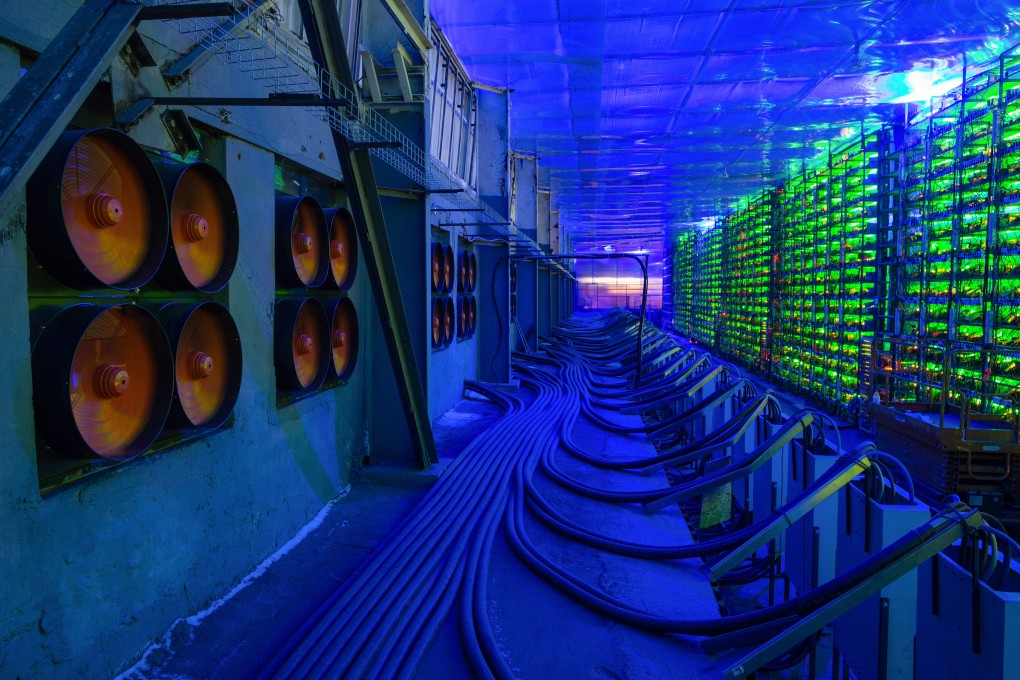Chinese coin miners flock to new cryptocurrency Chia resulting in hard drive shortages and price surges
- Chia’s creators say they want to reduce some of the problems associated with traditional coin mining such as e-waste
- Prices of hard drives have surged in China on online platforms and in offline markets

Gamers have been complaining for a long time about higher prices for graphics cards due to demand from people who mine cryptocurrencies such as bitcoin and ethereum but now a new cryptocurrency that can be mined using hard drive storage space is putting a similar chokehold on supplies of this critical PC component.
Unlike bitcoin, which requires massive amounts of processing power and electricity, the blockchain and transaction platform of Chia – a cryptocurrency created by Bram Cohen who is best known for developing the peer-to-peer BitTorrent protocol – uses hard drive storage capacity for its consensus mechanism. Chia has made it clear it wants to break with the past approach to mining.
“Specialised ‘mining’ hardware is increasingly owned and operated by just a few large entities in purpose-built large data centres located near inexpensive sources of electricity … This centralisation has lowered trust and raises difficult issues regarding electricity consumption, e-waste, carbon generation, and geopolitics,” Chia’s team said in a whitepaper in February.
The team said it expects Chia to help solve some of the problems created by traditional Bitcoin mining.
Although Chia is not due to start trading until May 3, people are already stockpiling hard disks and solid-state drives (SSDs) in anticipation of a surge in demand for the storage space used for mining, driving up prices and leading to shortages in both online and offline sales channels.
